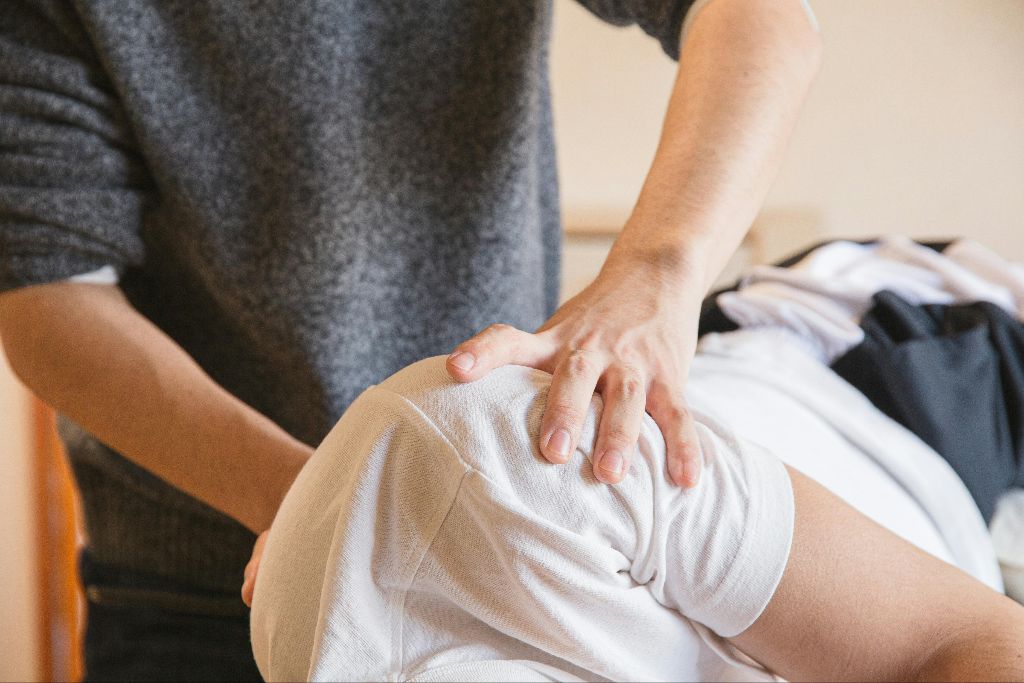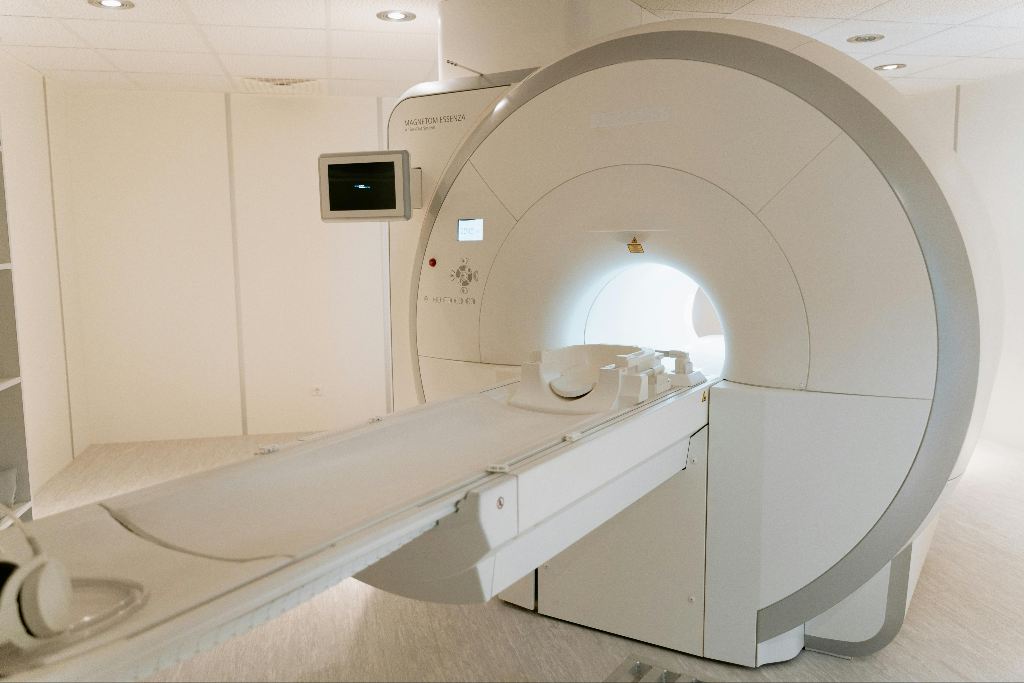Arthritis does occur for natural reasons that include age, genetics, and gender. However, there are a variety of healthy habits you can incorporate into your daily routine to reduce the chances of developing painful joints over time. Even more valuable is that many of these activities can help protect your long-term health from other types of common diseases, as well. Consider the following information provided by our Atlanta Orthopedic Doctors that focuses on arthritis prevention.
Prevention Tips
Exercising on a regular basis, maintaining a healthy diet, and staying within a reasonable weight range for your height can help protect you from developing osteoarthritis over time, specifically in your hips and knees. Exercising at least three times each week helps improve bone density, increases muscle strength, and supports healthy joints. Consider walking, yoga, swimming, or participating in other low-impact activities.
When preparing your grocery list, make sure that you purchase plenty of foods that are rich in calcium and Vitamin D. You may also want to consider taking a daily vitamin or supplement to ensure that you absorb enough vitamins that help support healthy bones. Depending on your family history, you may also want to speak with your orthopedic doctor about particular medications that can help prevent bone loss and diminish the chances of experiencing a fracture.
Symptoms of Arthritis
Although each person’s experience with arthritis is unique to some degree, most patients notice:
- Joint inflammation
- Consistent aching or pain
- Sensitivity or tenderness
- Joint stiffness
- Loss of mobility
- Diminished flexibility
Atlanta Orthopedic Treatment For Arthritis
Arthritis that is caused by an infection is the only type that can be completely treated. Every other type requires a combination of rest, exercise, vitamin support, and orthopedic treatment. Speak with one of our orthopedic doctors before following through with an alternative solution that is not prescribed by our team.
Many patients who manage arthritis are treated with:
- Over-the-counter pain anti-inflammatories
- Corticosteroid medications like cortisone
- Joint replacement
- Topical analgesic supplies
- Dietary supplements including glucosamine and chondroitin
If your orthopedic doctor believes that joint replacement is the most appropriate solution, they may recommend following through with a combination of walking, low-impact exercise, and medication to help improve the strength of the muscles that surround the affected joints to reduce stress and pain. It’s important to know that hip replacements are often successful for people below and over the age of 60. In fact, studies show that people who can receive surgery before their condition advances recover easily without complications.





